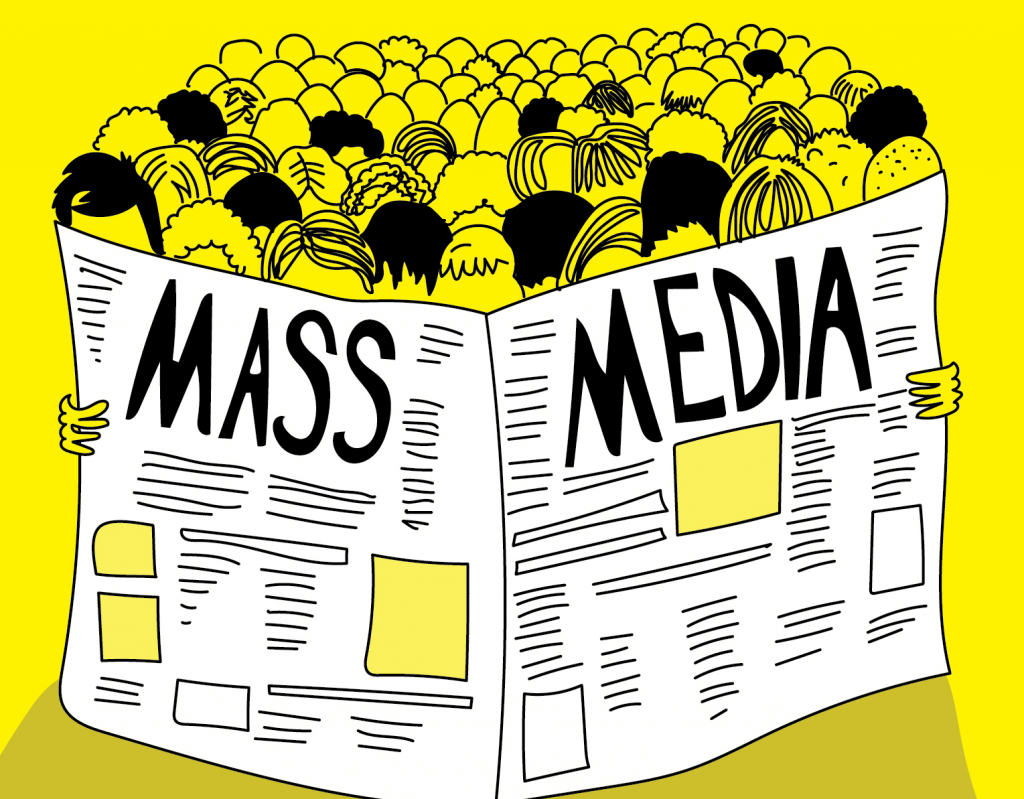The more Russia gets involved in the war with Ukraine, the more sophisticated is the work of Russian propaganda. With no success on the battlefield, it becomes increasingly difficult to prove to an average Russian that the “special operation” is going according to plan. Therefore, the main focus of attention of the Kremlin’s political technologists is shifting to the internal destabilisation of Ukraine according to the principle “the more quarrels there are inside Ukraine, the less hatred towards Russia is.” This is reported by the Center for Countering Disinformation.
“In the Ukrainian-language, Russian-language, and foreign-language segments of the Internet, there are more and more signs of an aggressive Russian informational and psychological special operation, which plants a narrative in the consciousness of Ukrainians that the war is primarily the fault of the Ukrainian government. The information chain involves a manipulation injection through controlled Ukrainian and foreign ‘opinion’ leaders’ and its subsequent viral spread on social networks by pro-Russian bloggers and ‘useful idiots’,” the experts of the Center emphasise.
The real problems of Ukraine are taken as the basis of disinformation publications, which are hypertrophied and reworked in the direction desired by the Kremlin.

Thus, Russian propaganda sees the following topics as the main lines of division of Ukrainian society:
- First, it is a comparison of the situation in Kyiv and the regions. They say that Ukrainian authorities collect all Western aid and are safe in Kyiv under the protection of Western air defence systems, while the main Russian strikes are launched at defenseless cities. In order to “confirm” such a narrative and to irritate the residents of small towns, Russia intensified air missile strikes on them. By spreading such fakes, propagandists want to cause panic among Ukrainians and discredit the Ukrainian authorities.
- Second, the thesis “the Ukrainian army is provided mainly by volunteers” and Western financial and military aid is being stolen by the government, and military leadership is being pushed into the mass consciousness. And although recent surveys and actual evidence refute this thesis, a certain part of society supports it and spreads it in their environment.
- Third, the topic of corruption and misappropriation of budget funds is being inflated. The steps taken by the government and law enforcement agencies to combat corruption and the arrests of high-ranking bribe-takers are interpreted by Russian propaganda as a manifestation of chaos and corruption in all branches of government. They are trying to inculcate in the minds of Ukrainians the thesis that all military commissars are bribe-takers and territorial recruitment centers are illegal. For this, Russian propaganda deliberately exaggerates the scale of mobilisation and spreads dubious videos with the “horrors” of forced conscription on the streets of cities. The purpose of such actions is to disrupt the pace of mobilisation, to block the sending of conscripts to the front by outraged relatives, and, in the long run, to encourage Ukrainians to protest and sabotage actions. The latest fake from this group was the alleged appeal by the Minister of Defence of Ukraine Oleksii Reznikov to the Canadian government with a request to mobilise 30,000 members of the Ukrainian diaspora for the war in Ukraine.
- Fourth, after the failure of fakes about bio laboratories, combat mosquitoes, and “dirty” bombs, the Russians began to spread nonsense about the alleged sale of organs of wounded soldiers of the Armed Forces of Ukraine on the European black market. Another piece of disinformation was based on the statement by Secretary of the Security Council of the Russian Federation M. Patrushev and was widely reproduced by propaganda resources as evidence of the “crime by the authorities of the President of Ukraine in the deliberate destruction of ‘pure-blooded’ Ukrainians.” Obviously, such information sabotage is aimed at undermining trust in the country’s leadership and artificially polarising society.
Natalia Tolub






 UA
UA FR
FR DE
DE




